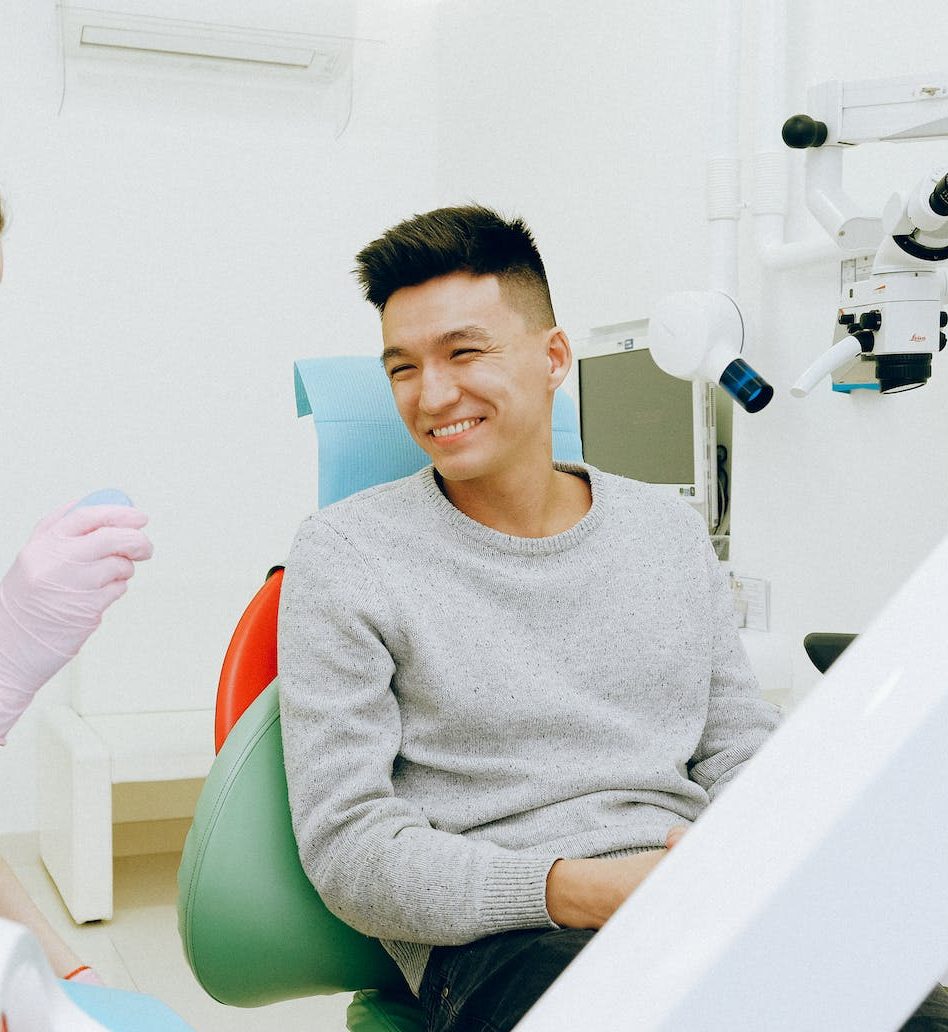Orthodontic Specialist Singapore

What’s The Difference Between An Orthodontist And A Normal Dentist?
1. Qualifications
While orthodontists must have a degree in orthodontics to practice as a specialist, such criteria are not required for normal dentists. So a normal dentist can start doing braces as long as he feels confident. So seeing an orthodontist assures that the person putting braces for you is properly trained.
2. Treatment Success
This ties in with to their training and experience. While a normal dentist can, in theory, do as good a job as an orthodontist (or even better), you would expect a higher level of care from someone with more training and experience. This can impact several areas of your treatment including:
- Getting a sound treatment plan. This includes avoiding unneccesary extractions and extracting the correct teeth when needed.
- Treatment experience. Because an orthodontist does the same thing everyday, you should expect that your every session will go more smoothly and comfortably. Dentistry is a very hand-on field, so the more one has done a procedure, the better he can execute it.
- Treatment staging. That is, “when to do what”. This ensure that your treatment progresses efficiently so you can get your braces off asap and start showing off your new smille!
- Troubleshooting. Orthodontists are exposed to more cases and hence more problems that arise duing treatment. They are also trained to manage complex cases. Hence, they would be expected to skilled in solving any problems during your braces journey. Sometimes, normal dentists may even refer cases to specialists if they have problems beyond their capabilities.
3. Cost
In general, you expect a higher level of expertise when you see a specialist. So, as with the medical field, your normally have to pay a lot when you see a specialist. But not anymore! At Bracesaurus, we stand out from the competition by offering Specialist Orthodontic Care at one of the lowest prices in Singapore. Too good to be true? Check out our transparent pricing!
What Makes A Good Orthodontist
Now that you know the difference between an orthodontist and a normal dentist, how do you decide if an orthodontist is good?
1. Experience and Expertise
While a dentist needs a minimum set of qualifications and experience to be a true orthodontist, it is reasonable to think that the orthodontist will get better after honing his skills for a number of years. So if you are looking for a good orthodontist, find out how long he has been practising as an orthodontist. One who has been doing solely orthodontics for 8-10 years should be adequately experienced to manage all types of cases. In addition, he will ensure that you can achieve your dream smile is less time and have a smoother treatment journey.

2. Patient Centric Approach
This is important because everyone is different, not just in their orthodontic condition but their personal preferences. Their personal preferences influences the treatment plan that they are most comfortable with, and how they experience the whole braces journey. It is important that your orthodontist is sensitive to these factors and customize your treament plan and how it is carried out.
3. Communication Skills
This is important in every step of your braces journey. At the start, it is important that you can discuss your treatment adequately and undertand fully what you should expect. This includes how your results will be, treatment limitations, associated costs and what to expect with treatment. A good orthodontist will also listen to your concerns along the way and address each and everyone of them. In contrast, if an orthodontist brushes your concerns aside, you will feel that the orthodontist doesn’t really care for you as a person and just wants to get the job done. This would make your braces journey an unpleasant one.
4. Attention to Detail
Orthodontics require high precision to achieve a good result. A good orthodontist has a keen eye for detail and takes pride in perfecting his cases. He also needs to have a high level of manual dexterity and techinical skills to achieve the intended outcome.
5. Technology Integration
A good orthodontist leverages on state-of-the-art technology to deliver better care to you. With advanced technology, your braces journey will be more comfortable while at the same time achieving a higher standard. For example, using a high resolution 3D intraoral scanner to make digital models of your teeth is way more comfortable than old fashioned dental moulds. In addition, the model are more accurate and have less imperfections. Unlike physical moulds, they can be reused forever and are not susceptible to damage.
6. Empathy and Compassion
This is what true service is about. Not the bells and whistles. A good orthodontist will understand where you are coming from rather than being very one sided in managing your case.
7. Reviews from Other Patients
You can also check if an orthodontist by checking the reviews he has. Orthodontists are also human and make mistakes and is normal that they may get a few bad reviews. But if the overall reviews are positive, you can decide for yourself if the negative review are the exception. Do note however that personally written reviews are more reliable that those that say “1000+ five star reviews from Reviews.com” (you get the idea).
Keen to see an orthodontist to find out if braces is right for you? Book your no-obligation first appointment online now!

